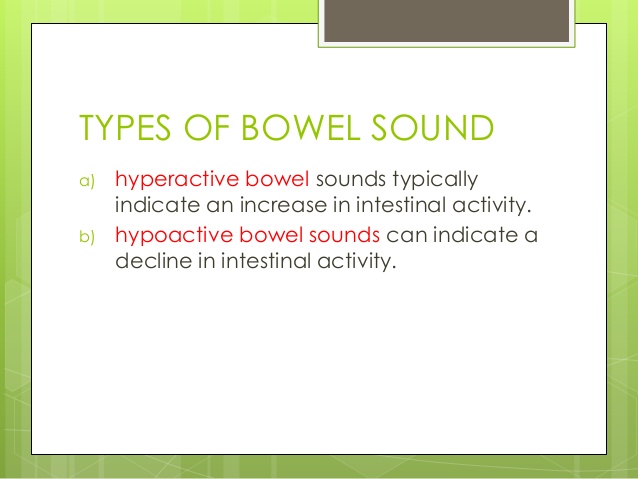
When you have IBD, it can feel like the condition can take control of your life.

How Loud Stomach Noises Impact People With IBD However, others usually do not pay much attention to those sounds. It is normal for those stomach noises to be heard by others. For some people, the noises may also bring on abdominal pain or cramps. You may also notice a rumbling or trembling feeling in your stomach or intestines. They may also sound like a growl, similar to the sound your body might make when you are hungry. Bowel sounds may sound like gurgling or splashing. What Do Stomach Noises in IBD Feel Like?Įveryone who has IBD experiences bowel sounds differently. The intestines may begin to contract more than usual to compensate for this blockage, leading to loud intestinal noises. Inflammation in Crohn’s disease can cause parts of the intestines to become thick and narrowed, which can lead to the blockage (obstruction) of substances passing through the digestive tract. In IBD, the immune system mistakenly attacks different parts of the digestive tract, leading to inflammation. The increased gas and fluids often lead to louder intestinal sounds. Researchers have found that people with Crohn’s disease that affects the small bowel are more likely to experience lactose intolerance, which causes more gas and fluids in the gut. This means they are unable to digest the sugar in dairy products. People with insufficient amounts of lactase - the enzyme that digests lactose in the small intestine - are known as being lactose intolerant. Both these effects make the movement of loose stools through the intestines more audible. Noises in the gastrointestinal tract may become more frequent or apparent (hyperactive) when a person has diarrhea because diarrhea leads to increased intestinal movement and a buildup of gas and fluid in the digestive tract. People with IBD may experience diarrhea (loose, watery bowel movements) during disease flare-ups. These sounds may be accompanied by other symptoms, like bloating and cramping. Both Crohn’s disease and ulcerative colitis can cause audible gurgling and splashing in the intestines. The scientific word for stomach noises (or bowel sounds) is borborygmus. Those contractions, along with food, liquid, and gas, are what create bowel sounds. To digest food, your intestinal wall (inner part of your intestines) contracts (pushes) to move food along your digestive tract. You may also hear them after you’ve eaten a meal as your body begins digesting it.

For example, you may hear the sounds more when your stomach is empty. Malabsorption is also associated with celiac disease.Sometimes, bowel sounds are more noticeable - especially if you are hungry, digesting a meal, or feeling stressed. Thus the three conditions of gut movement, fluid and gas are met leading to bowel sound. This phenomena releases hydrogen and attracts the flow of fluid in the gut thereby starting the contraction. For instance, when the small level of enzyme in the intestine is expected to digest lactose of milk, it encourages the sugar to reach the colon and get fermented by the colon bacteria. This is caused by certain malabsorption of water during digestion. The increase in the peristaltic movement inside the intestine accompanied with the accumulation of gas, and fluid increase the sound of the liquid stool that is splashing in the gut. Bowel sounds are normally experienced by the patient when he has diarrhea. Nevertheless, the hyperactivity or totally no sound is a bit abnormal and certainly has medical significance. Medical Significance of Hyperactive Bowel Soundīesides being embarrassing, bowel sound is normal if it is not accompanied by other symptoms.


 0 kommentar(er)
0 kommentar(er)
